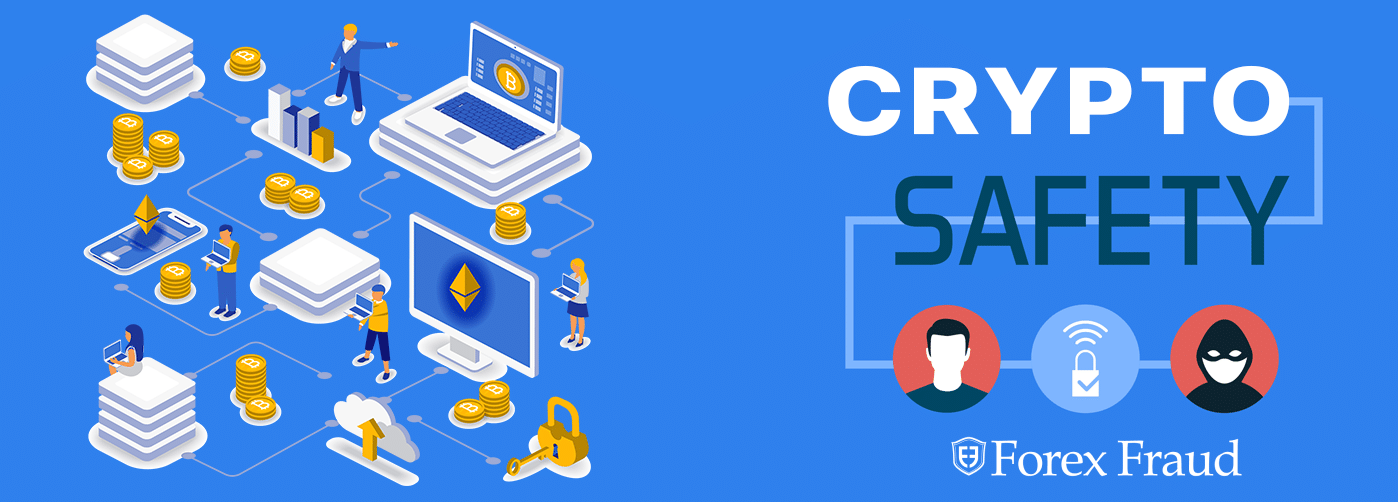
Crypto: should I buy or trade cryptocurrency?
The idea of investing in cryptocurrency is a tempting one, for both new traders and those already trading other commodities. It’s also, understandably, something that many traders are wary of. It’s widely known that the original cryptocurrency, bitcoin, made some of its early investors a huge profit. Bitcoin hit mainstream news when its value rose sharply in 2017, resulting in some of the early speculative investors becoming ‘bitcoin millionaires’ almost overnight. This brought cryptocurrency trading to the attention of many more mainstream investors, who were keen to get involved and hopefully find the ‘next Bitcoin’ in the vast sea of digital currencies now available.
Read on to find out more about buying and trading cryptocurrency. It is certainly not suitable for every trader, and a lot will depend on your appetite for risk, as well as your overall investment goals. Digital currencies are highly volatile, so the risks involved should be carefully considered.
GET 5% REBATE ON ALL CRYPTO SPOT, FUTURES & MARGIN TRADING FEES WITH BINANCE
| Broker | Regulator | Next Step | |||
|---|---|---|---|---|---|
 51% of retail CFD accounts lose money 51% of retail CFD accounts lose money
|
FCA, CySEC, ASIC, Seychelles FSAS, |
|
$50 (varying by Country) | from 1 |
Sign
Up
*Don’t invest unless you’re prepared to lose all the money you invest. This is a high-risk investment and you should not expect to be protected if something goes wrong. Take 2 mins to learn more
|
|
|
|||||
What is cryptocurrency?
Cryptocurrency refers to digital money, traded in the form of virtual tokens often referred to as coins, even though there are no physical coins associated with the currency. Your crypto funds actually take the form of digital codes, which can be stored by you either online or off, traded online for other currencies (both virtual and fiat), or exchanged for goods and services. You will hear cryptocurrencies also referred to as digital currency, virtual currency, digital coins, virtual coins, or sometimes altcoins (generally understood to refer to ‘alternatives to bitcoin’ and used for all other digital currencies).
While the original cryptocurrency, bitcoin, still leads the market by a long way in terms of value and popularity, there are now a total of over 1,600 cryptocurrencies on the market, with new ones being developed constantly.
Which cryptocurrency should I choose?
This is a very good question, and the answer will depend on you and your investment aims. Many beginner traders start with bitcoin, but there are many other, and arguably much more exciting, options available. After bitcoin, some of the most popular cryptocurrencies include (but are certainly not limited to):
- Ethereum
- Ripple
- Litecoin
- Dash
- Monero
The important thing is to thoroughly research all options when it comes to cryptocurrency trading. Understand what you are buying, how well established it is, and how volatile it is. High volatility is common with cryptocurrencies, and it is what creates the potential for high profits, but also what creates the risk of potential losses.
Buying crypto
There are a couple of ways to buy cryptocurrencies. You can use a peer-to-peer crypto exchange, or buy (and sell) currency through a broker. If you choose to buy cryptocurrencies and hold them for a while, you’ll need to set up a crypto wallet to store your digital coins in, either online or off.
I’ve decided on my crypto – what next?
Do your research. It’s exciting to enter a new market as a trader, but it’s vital to educate yourself and know as much as possible about crypto trading before you get started. There are lots of free educational resources online in the form of in-depth articles, training videos and e-courses.
The next step is to open a suitable account. You will need to find an account you are happy with, either at a crypto exchange or a brokerage that offers cryptocurrencies among its tradable assets. If you already have a broker that you trade with and trust, start by checking if they offer crypto trading. Remember that if you use a peer-to-peer crypto exchange, you will also need to set up suitable crypto wallets to store your digital currencies in.
The bottom line
Trading cryptocurrencies is an exciting prospect, with potential for a significant profit, but it is also a high-risk option and not one that you should jump into blindly, even if you are already an experienced trader. Take some time to research the different coins available, get familiar with the market, review the different options available to you, and study the price movements of the coins that interest you. Whether you decide to buy and sell cryptocurrency on an exchange or trade it via a brokerage, ensure that you know exactly what’s involved before you start.
Related Articles
- Forex vs Crypto: What’s Better For Beginner Traders?
- Three Great Technical Analysis Tools for Forex Trading
- What Does Binance Being Kicked Out of Belgium Mean for Crypto Prices?
- Crypto Traders and Coin Prices Face New Challenge as Binance Gives up its FCA Licence
- Interpol Declares Investment Scams “Serious and Imminent Threat”
- Annual UK Fraud Audit Reveals Scam Hot-Spots
Latest news
Forex vs Crypto: What’s Better For Beginner Traders?
Three Great Technical Analysis Tools for Forex Trading
Trusted brokers
Stay up to date with the latest Forex scam alerts
Sign up to receive our up-to-date broker reviews, new fraud warnings and special offers direct to your inbox

